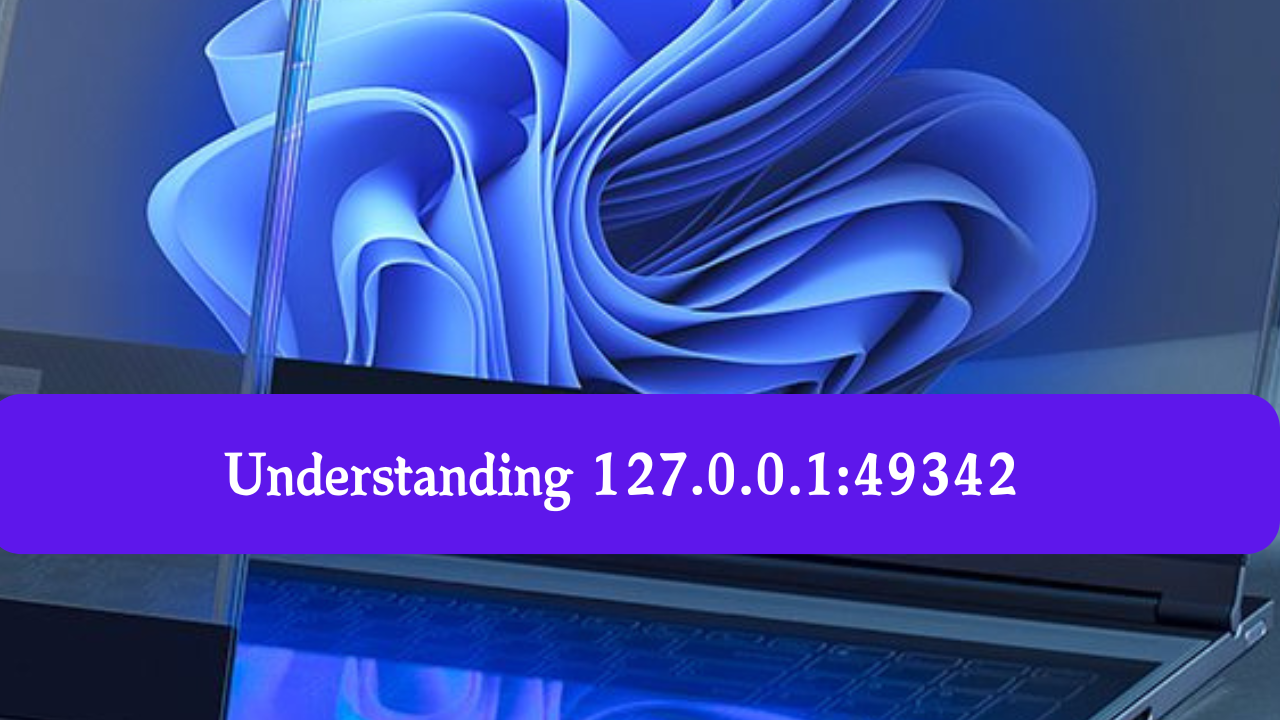Understanding 127.0.0.1:49342: Localhost Basics and Troubleshooting
Understanding 127.0.0.1:49342: A Comprehensive Guide
In the realm of computing, terms like 127.0.0.1:49342 can often be perplexing. This guide aims to clarify what this term means, how it functions, and its significance in local network operations.
What Is an IP Address?
An IP address is a unique identifier assigned to each device connected to a network. It plays a crucial role in enabling devices to communicate and ensures that data reaches its intended destination accurately. There are two primary types of IP addresses:
- IPv4: Consists of 32 bits, represented by four decimal numbers separated by periods (e.g., 192.168.1.1).
- IPv6: Made up of 128 bits and displayed in hexadecimal format, featuring eight groups of four hexadecimal digits (e.g., 2001:0db8:85a3:0000:0000:8a2e:0370:7334).
IP addresses are divided into two parts:
- Network: Identifies a specific network.
- Host: Identifies a specific device within that network.
Additionally, IP addresses can be:
- Static: A permanent address that does not change.
- Dynamic: A temporary address that changes over time.
Understanding 127.0.0.1:49342
The IP address 127.0.0.1 is a special, reserved address known as localhost. It refers to the device you are currently using and allows it to communicate with itself for testing and troubleshooting purposes. When combined with a port number, such as 49342, it specifies a particular service or application on the same device.
- 127.0.0.1: Refers to the local device.
- 49342: A port number assigned to a specific service or application, facilitating communication and data transfer within the same device.
Public vs. Private IP Addresses
- Public IP Addresses: Accessible from the internet and can be used by anyone.
- Private IP Addresses: Restricted to a local network and not accessible from the internet.
Significance of Port 49342
Port 49342 plays a crucial role in managing communication between various services and applications on the same system. For instance:
- Web Hosting: If hosting a website locally, your server may use port 80. If multiple services are running, ports like 49342 help avoid conflicts.
- Virtual Machines and APIs: Ports help configure virtual machines and facilitate communication between applications through APIs.
Processing Localhost Operations
- Install Server Software: Deploy server software like Nginx, Apache, or IIS on your computer.
- Configure Port: Set up your server software to use port 49342 to handle incoming connections.
- Verify Configuration: Access your application or website via 127.0.0.1:49342 to ensure it is functioning correctly.
- Manage Virtual Environments: Tools like Docker or VirtualBox can help manage virtualized environments.
Security Implications
To secure your services:
- Configure Firewalls: Protect your services from unauthorized access.
- Use a VPN: Secure communication between your local machine and remote servers.
- Keep Software Updated: Regularly update your OS and server software to address vulnerabilities.
Troubleshooting Tips
If issues arise:
- Check TCP/IP Settings: Ensure correct synchronization for communication via port 49342.
- Verify Server Files: Ensure the necessary ports are included in your server files.
- Test Connections: Use tools like Telnet or Curl to diagnose connection issues.
Conclusion
Understanding 127.0.0.1:49342 is vital for managing localhost operations effectively. By grasping the basics of IP addresses and ports, you can navigate and troubleshoot local network setups with confidence. This knowledge empowers you to handle technical issues and optimize your system’s performance.
Frequently Asked Questions
Q1: How important is 127.0.0.1:49342 in networking?
- A1: This address is essential for local communication, allowing applications on the same device to interact securely without external network dependencies.
Q2: How does port 49342 improve communication?
- A2: Port 49342 enhances communication between different services and applications on the same device, helping resolve conflicts and facilitate debugging.
Q3: Is 127.0.0.1:49342 secure for testing and development?
- A3: Yes, it is secure for development and testing, provided that appropriate security measures are in place to prevent unauthorized access.







